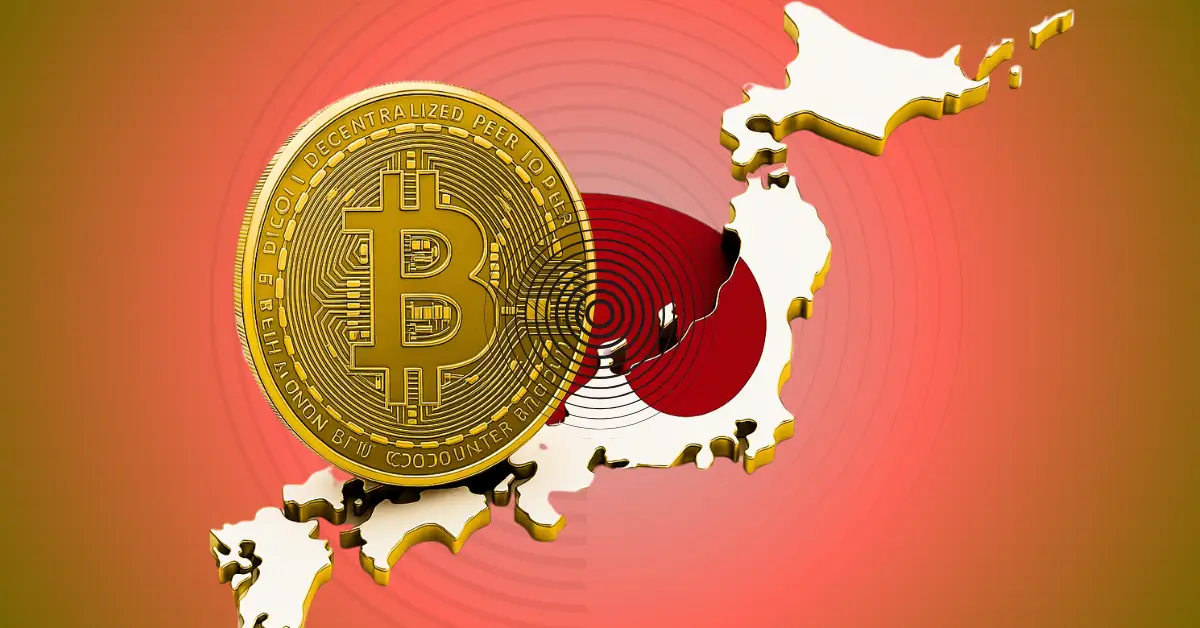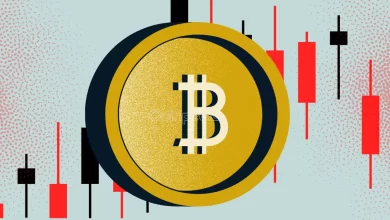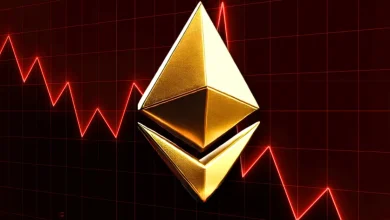
Japan's FSA aims to classify crypto as financial products, subjecting it to securities laws like insider trading.
The US is also adapting, with the CFTC, FDIC, and OCC providing clearer regulatory pathways for crypto within existing financial frameworks.
Globally, increased regulatory scrutiny of crypto signals potential shifts in market practices and innovation.
Japan is gearing up for a major shift in how it regulates cryptocurrencies, and the changes could shake up the industry in a big way. The country’s Financial Services Agency (FSA) is working on a plan to classify cryptocurrencies as financial products, placing them under the same laws as stocks – including insider trading rules. If this happens, crypto exchanges and investors will have to follow stricter regulations, which could reshape the market.
But is this a step toward a safer, more stable crypto space, or could it slow down innovation?
With a bill possibly arriving as early as next year, the stakes are high, and the world is watching to see what happens next.
Other Countries Are Rethinking Crypto Rules
Japan isn’t the only country adjusting its approach to crypto. In the United States, the Commodity Futures Trading Commission (CFTC) recently announced that digital asset derivatives will be treated like other financial instruments. At the same time, the Federal Deposit Insurance Corporation (FDIC) is making it easier for banks to engage with crypto, as long as they manage the risks properly.
FDIC Acting Chairman Travis Hill called it a move away from the “flawed approach” of the last three years, hinting at a more open stance on crypto.
Banks Get More Freedom, But With Limits
The Office of the Comptroller of the Currency (OCC) is also getting involved, making it clear that national banks and federal savings associations can explore crypto, as long as they have strong risk controls. Acting Comptroller Rodney E. Hood emphasized that crypto-related activities should be treated just like traditional banking. This could make it easier for banks to get involved in digital assets and blockchain without facing unnecessary restrictions.
What This Means for the Future of Crypto
If Japan officially classifies cryptocurrency as a financial product, investors and exchanges will likely face stricter regulations, especially around insider trading. Some see this as a positive step to protect the market, while others worry it could slow innovation and make it harder for the industry to grow.
With regulators around the world taking action, the crypto industry is preparing for a wave of new rules that could reshape its future.
One thing is clear – change is coming, and it won’t be business as usual.
Never Miss a Beat in the Crypto World!
Stay ahead with breaking news, expert analysis, and real-time updates on the latest trends in Bitcoin, altcoins, DeFi, NFTs, and more.







